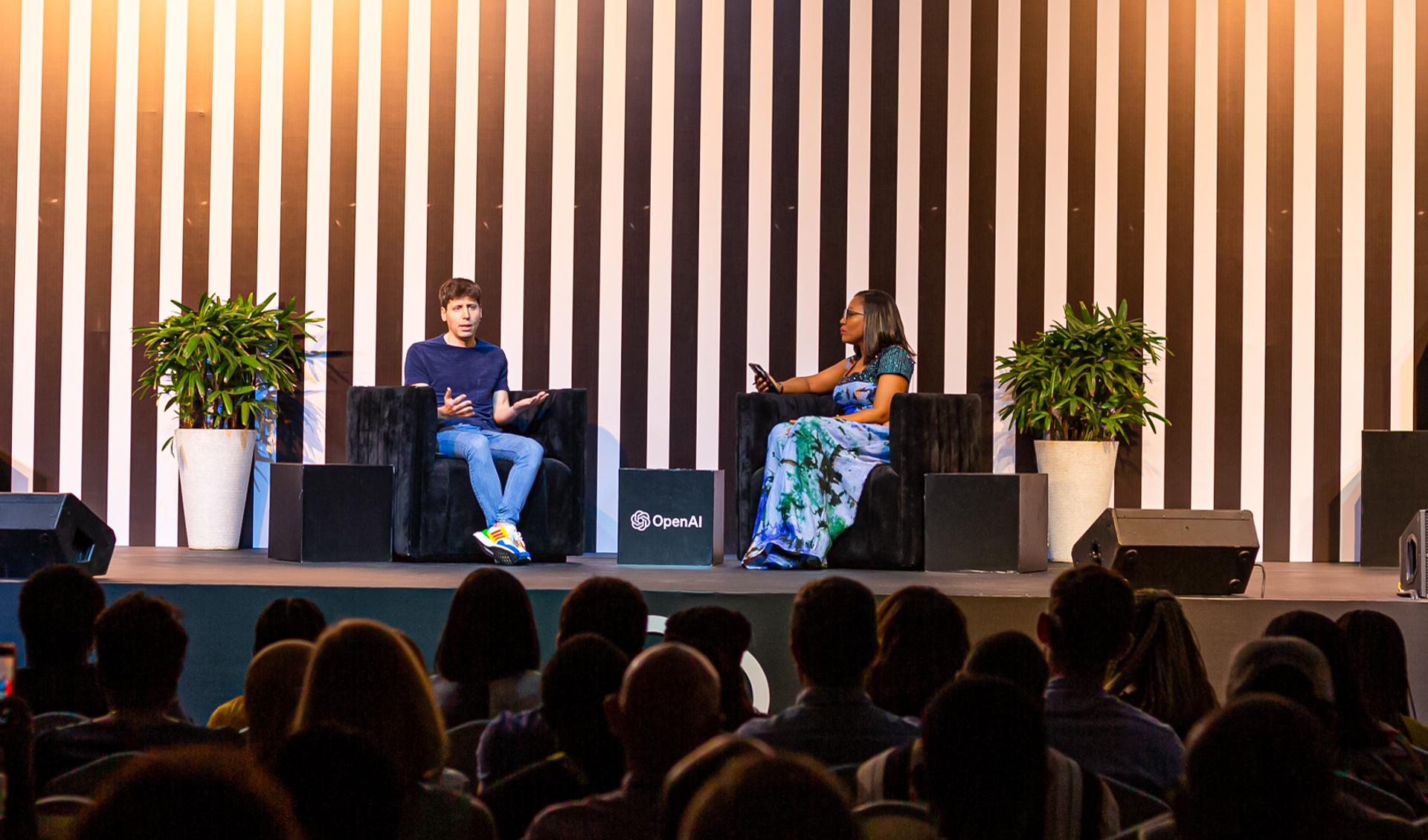The News
LAGOS — Sam Altman, the co-founder and CEO of OpenAI, visited Nigeria last week and met with tech entrepreneurs, government representatives, and students in Lagos.
It was the only scheduled Africa stop on a 17-city global listening tour to engage with local users of ChatGPT, OpenAI’s signature product. Days before the event, Altman appeared at a U.S. congressional hearing on the dangers and opportunities for artificial intelligence, calling for regulation.
Know More
Nigeria receives the largest share of tech investment into Africa, and Lagos was Altman’s fourth stop in the first week of his tour, after Toronto, Washington DC, and Rio de Janeiro.
There aren’t many examples of African startups creating AI tools on the scale that OpenAI operates. Earlier this year, a London-based AI startup InstaDeep founded by a Tunisian was acquired by German vaccine producer BioNTech for over $600 million — but that is an exception. Indeed, the more current link between Africa and AI has been controversial: moderators in Kenya employed to review Meta’s products for harmful content under questionable work conditions were reportedly paid meager wages to make ChatGPT less toxic.
OpenAI presents itself as being governed by the opposite of the ‘move fast and break things’ ethos that spurred Facebook in years past, by devising policies that constrain how licensees can use its models. This month, it told FiscalNote, a company that provides data to Washington lobbyists and policy advocates, that it cannot advertise using ChatGPT for politics.
Step Back
As with other stops elsewhere, OpenAI did not invite the press for Altman’s visit to Nigeria, though journalists were not prevented from attending. It was a very quiet affair compared to previous visits by Silicon Valley leaders, notably Mark Zuckerberg in 2016, and Jack Dorsey in 2019. Maybe that underscores the changing narrative around tech founders as rockstars, prompting a humbler tone for engaging stakeholders.
Altman “needs players on the continent to see OpenAI as more than just a company that traumatizes their labor force,” says my colleague Louise Matsakis who covers tech for Semafor. “Sam has huge — some say delusional — ambitions for what OpenAI will achieve, and I think he realizes that governments everywhere could be a roadblock to that.”
Notable
- Altman says AI’s potential for improving productivity for Africa’s youth will show up in the form of new startups or pivots by existing startups. “People are pushing the limits of technology and coming up with new ideas we haven’t heard before,” he said in an interview after the Lagos event.
